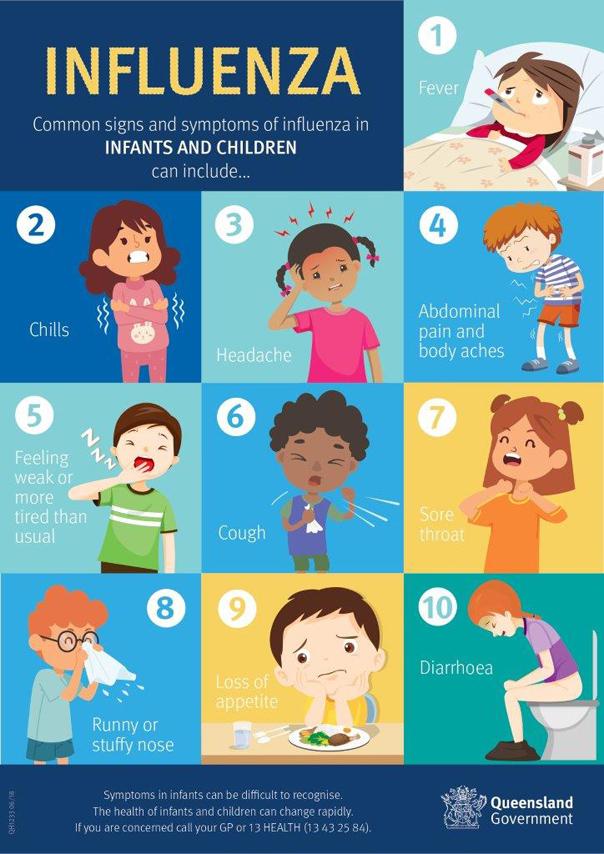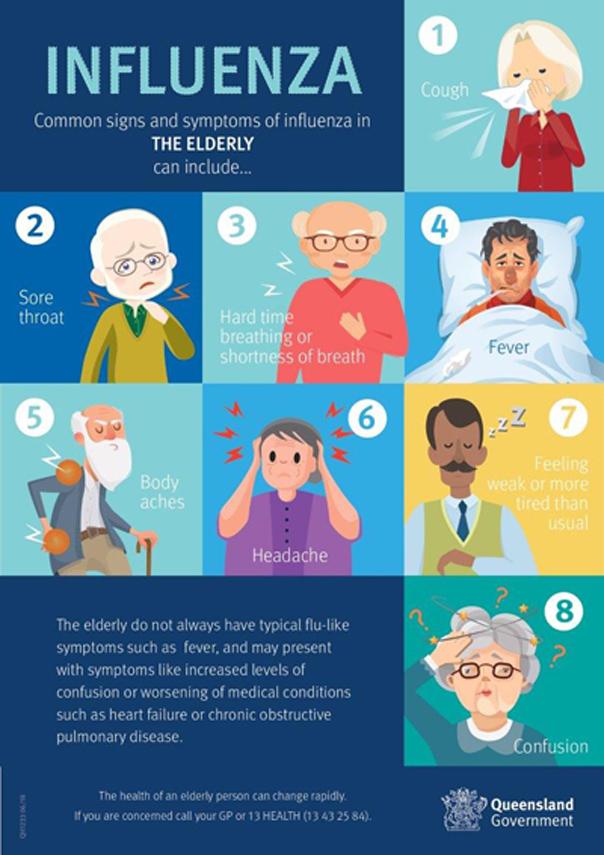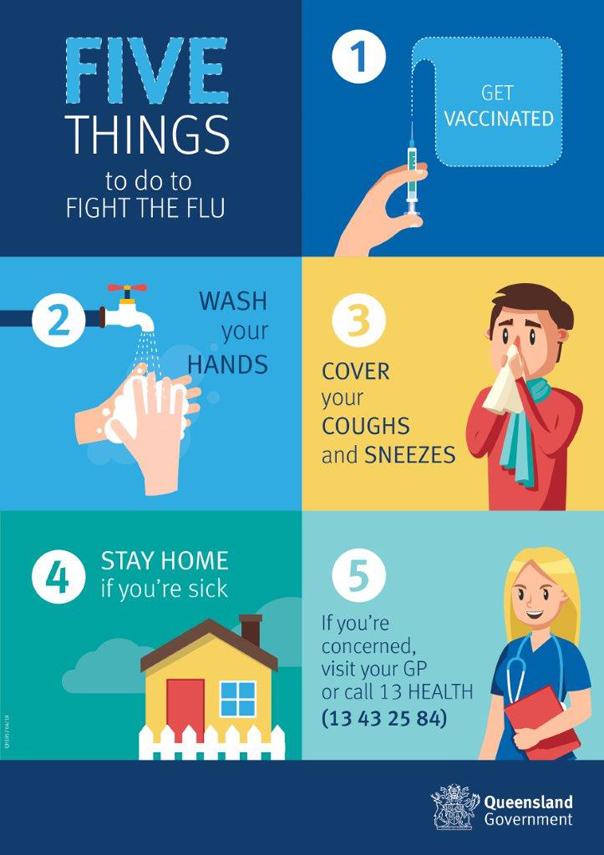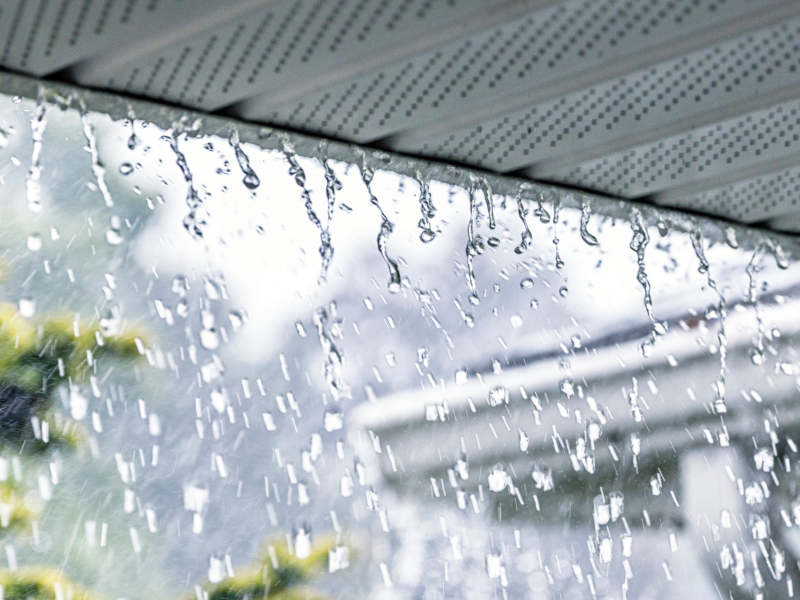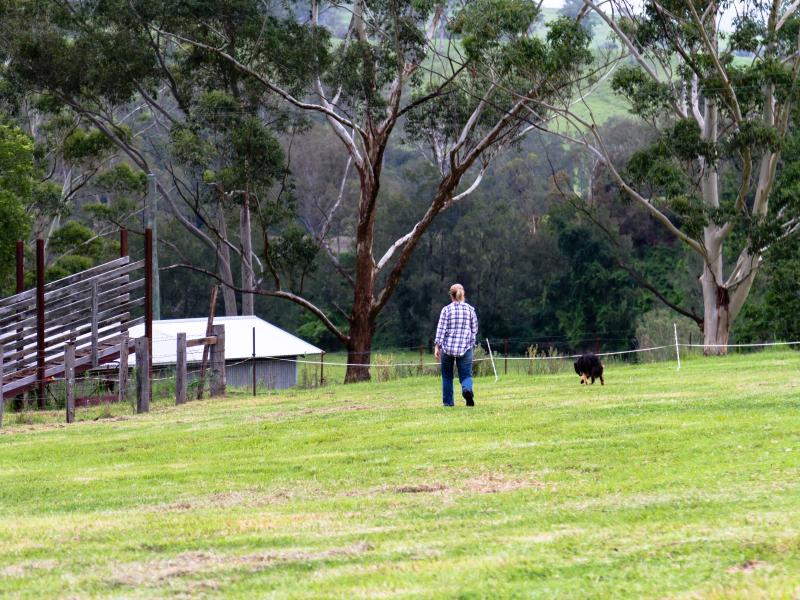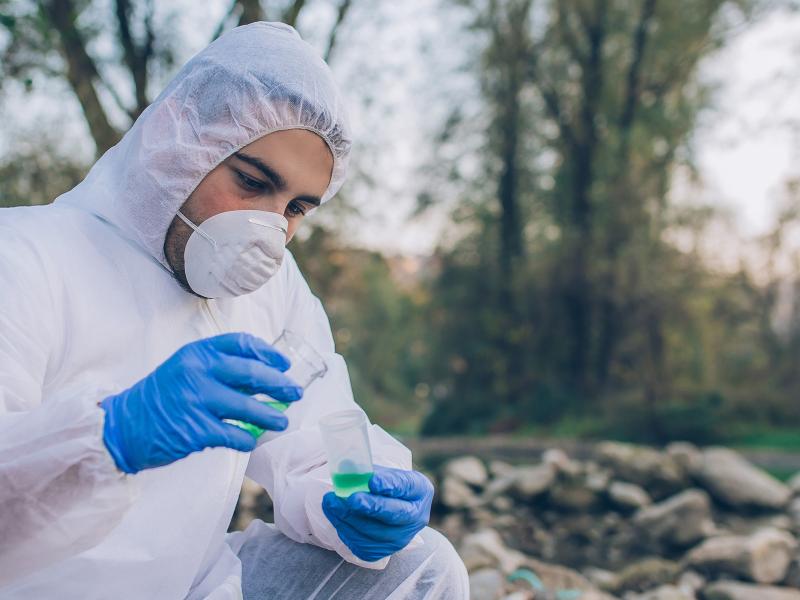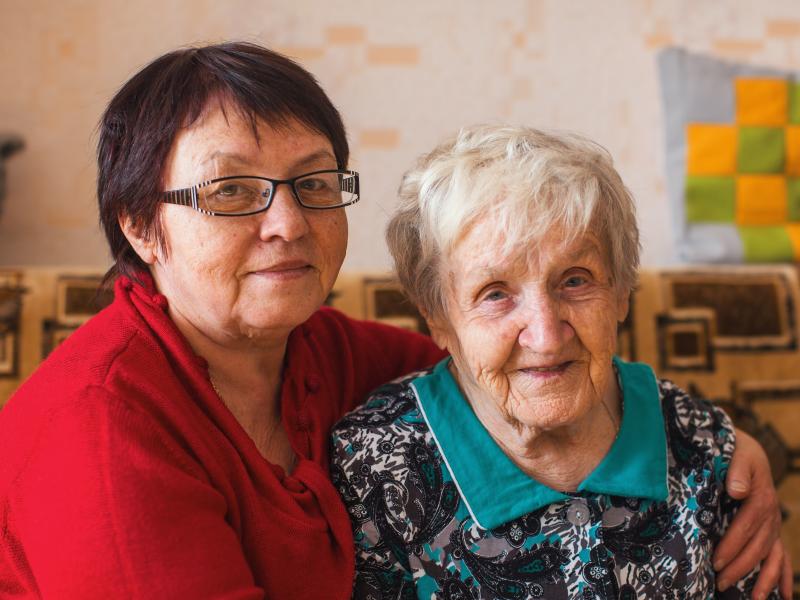Pandemics are highly contagious viruses that are easily spread and can cause severe illness and even loss of life. The most common form of pandemic in Australia is influenza, otherwise known as the flu. Many people die annually from complications of the flu.
COVID-19
Novel coronavirus (COVID-19) has affected people from many countries around the world.
COVID-19 spreads between people, usually when a sick person coughs or sneezes. You might catch COVID-19 if someone with the virus sneezes or coughs onto you.
You could also catch the virus if they have coughed or sneezed onto a surface (like a door handle) that you touch, getting the droplets on your hands and then transferring them to your mouth, nose or eyes when you touch your face or eat.
How can I stop myself from getting it?
Washing your hands often and properly means that you can prevent viruses from entering your body. That means washing your hands when you’ve been out and about and before you eat (and after you go to the toilet!).
How should I be preparing my home?
It’s wise to always have some extra food at home and other supplies like medications and baby needs or pet food, however there is no need to excessively stockpile anything. Queenslanders can prepare an emergency kit to last for 14 days that contains non-perishable food, medications and other supplies like baby needs or pet food.
Emergency kits are good practice in preparation for any natural disaster or emergency situation but it's important to build your emergency kit over time, rather than buy everything at once.
Remember, the best things you can do right now are keep up-to-date with our information, wash your hands often and properly, stay 1.5 metres away from people coughing or sneezing, and stay home if you’re sick.
Where should I go for more information?
For more information and advice, visit the COVID-19 website. If you are feeling unwell and develop a fever, cough, sore throat or shortness of breath within 14 days of overseas travel, contact a doctor or call 13HEALTH (13 43 25 84).
Queensland’s influenza season
Although pandemics can break out any time of year, influenza or the ‘flu’ is most prominent during the colder months from May to October.
What is pandemic influenza?
Pandemic influenza occurs when a new type of the flu virus emerges to which people have little immunity. Influenza comes in waves that can last for months or years. The flu is spread easily, mainly through sneezing and coughing. A person can spread the flu to others one to two days before they become unwell and can be infectious for up to a week.
Understand your risk
Early signs of the flu can include cough, sore throat, sinusitis or fever.
People with chronic conditions such as asthma, chronic lung disease, heart disease, blood disorders, liver and kidney disorders, endocrine disorders and obesity are more likely to develop complications from flu.
The highest rates of hospitalisation are seen in children under five and the elderly.
Symptoms in infants and children
Symptoms in children under the age of 5 can be difficult to recognise and can change rapidly. Queensland Health advises that the following common signs and symptoms of influenza in infants and children can include:
Symptoms in the elderly
The elderly do not always have flu-like symptoms such as fever and may present with symptoms such as increased levels of confusion or worsening of pre-existing medical condition. Queensland Health advises that the following common signs and symptoms of influenza in the elderly can include:
Damage and impact
It is estimated that each year influenza causes an average of 13,500 hospitalisations and more than 3,000 deaths among Australians aged over 50 years.
Cases of the flu has a broader impact on the community due to loss of work time, reduced productivity of patients and care givers, and increased use of medical resources including hospital beds.
Steps to reduce the impact of influeza
Find out more and Get Ready
Check out these other pages and resources to help you Get Ready.
